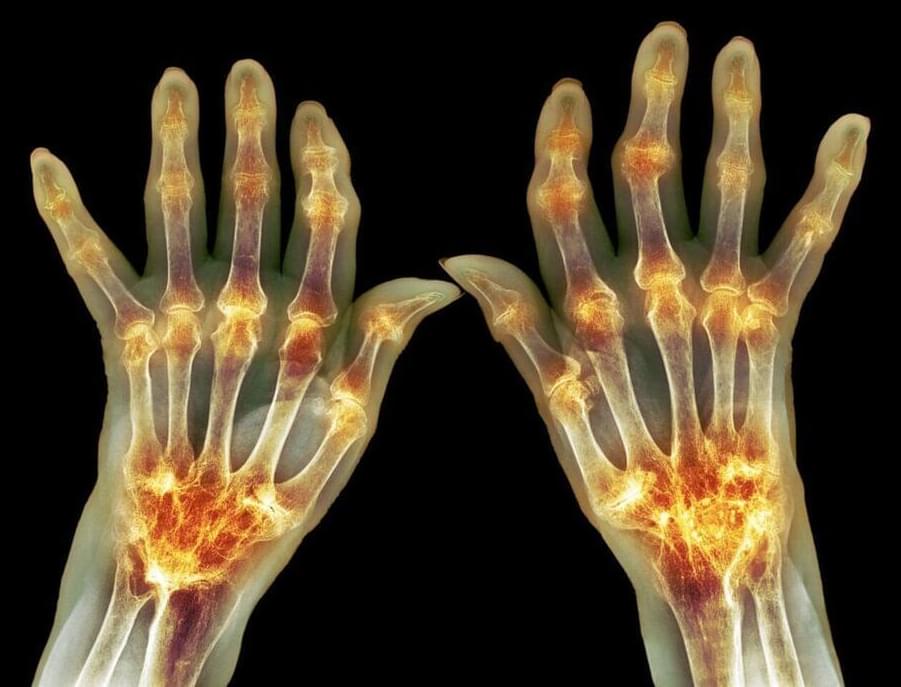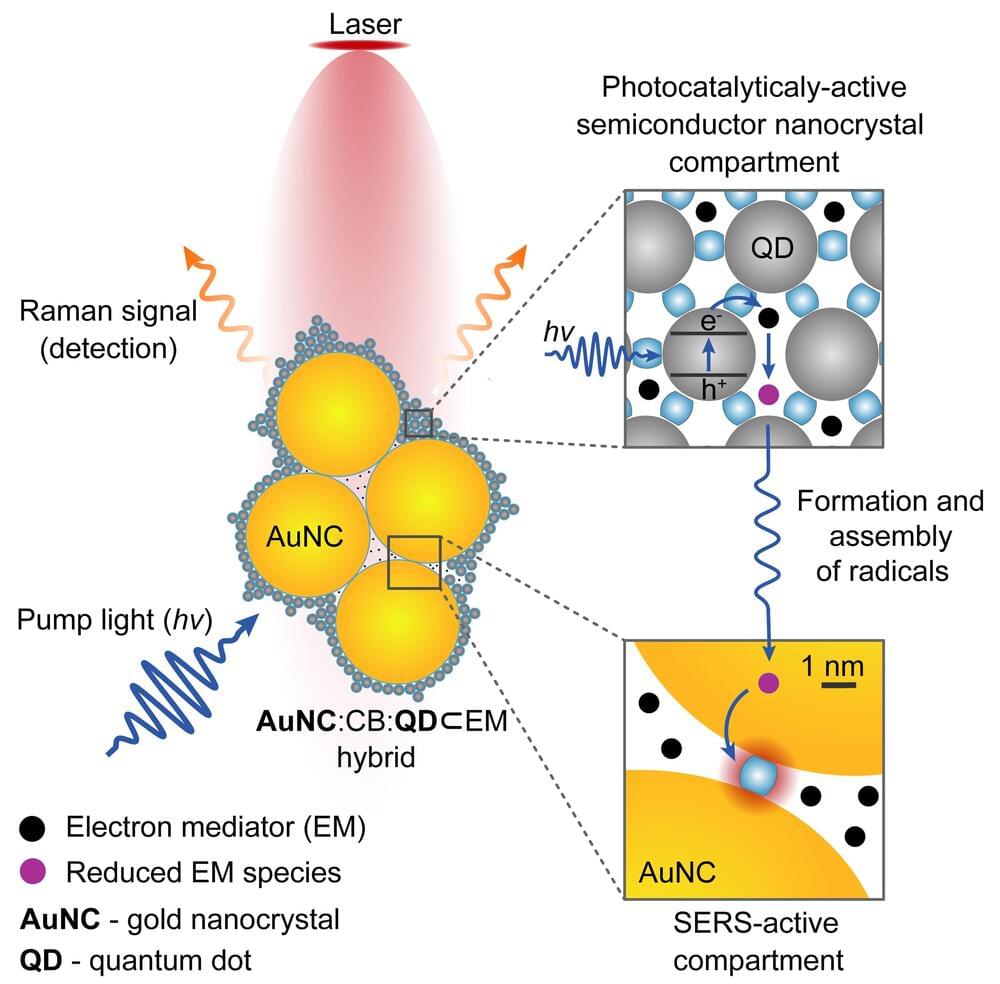
For the newly reported study, Guilak’s team combined these two strategies to generate a new treatment approach for rheumatoid arthritis.
Researchers at Washington University School of Medicine in St. Louis have used CRISPR-Cas9 genome editing to engineer induced pluripotent stem cells (iPSCs) that can be implanted subcutaneously to deliver an anticytokine biologic drug in response to inflammation caused by rheumatoid arthritis. When implanted into a mouse model of rheumatoid arthritis the engineered cells automatically sensed and responded to inflammatory cytokines, and produce therapeutic levels of the drug, which reduced inflammation and also prevented bone erosion.
“Doctors often treat patients who have rheumatoid arthritis with injections or infusions of anti-inflammatory biologic drugs, but those drugs can cause significant side effects when delivered long enough and at high enough doses to have beneficial effects,” said senior investigator Farshid Guilak, PhD, the Mildred B. Simon Professor of Orthopedic Surgery. “We used CRISPR technology to reprogram the genes in stem cells. Then we created a small cartilage implant by seeding the cells on woven scaffolds, and we placed them under the skin of mice. The approach allows those cells to remain in the body for a long time and secrete a drug whenever there is a flare of inflammation.”
Guilak and colleagues report on their studies in Science Advances, in a paper titled, “A genome-engineered bioartificial implant for autoregulated anticytokine drug delivery.”









